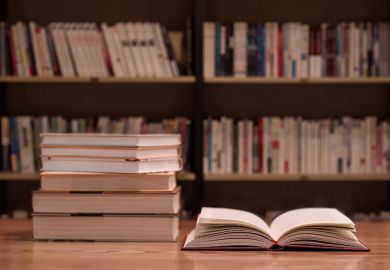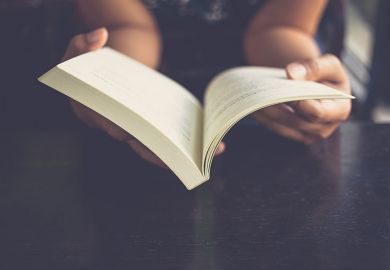A. W. Purdue, visiting professor in history at Northumbria University, is reading World War I in Central and Eastern Europe: Politics, Conflict and Military Experience (edited by Judith Devlin, John Paul Newman and Maria Falina; I. B. Tauris 2018). “In this collection, many authors seek to redress what they consider to be the neglect of the First World War’s Eastern Front. The war in western Europe was fought between powers that were, by and large, nation states, as opposed to the multi-ethnic empires which, Germany apart, formed the main combatants and the main battleground in the East. This makes recent approaches looking at cultural change, civilian and military morale and commemoration more difficult, if still worthwhile. That the effects of the conflict were so much more drastic, even cataclysmic, in eastern and central Europe – destroying empires, turning neighbours against each other, releasing ethnic and class warfare and, in Russia’s case, leading to the establishment of a Communist state – makes this an important study.”
Annmarie Adams, professor of architecture and social studies of medicine at McGill University, is reading Meg Wolitzer’s The Wife (Vintage, 2004). “I rarely read fiction, but this book touches on some of my favourite real-life topics: marriage, writing, ambition and sacrifice. And it does not disappoint. Wolitzer’s absorbing and easy-to-read tale explores the 40-year marriage of two writers, written from the perspective of Joan Castleman. From the time that Professor Castleman, ‘one of those men who owned the world’, seduced her as a young student at Smith College, to the moment she knows that the marriage is over at age 64, she astutely records the details of their shared daily lives. When I picked up The Wife I had no idea that it was about to come out as a major film (for which Glenn Close has just won a Golden Globe for best actress), but I am not surprised, because its storyline, with a surprise ending, will delight audiences.”
Richard Joyner, emeritus professor of chemistry at Nottingham Trent University, is reading Julian R. H. Ross’ Contemporary Catalysis: Fundamentals and Current Applications (Elsevier, 2018). “Heterogeneous catalysts are a genuine improvement on the alchemist’s Philosopher’s Stone. Instead of producing one product of limited usefulness – gold – they make possible the synthesis in huge quantities of a wide array of useful chemicals and fuels. There is therefore a Herculean ongoing interdisciplinary effort, both in industry and academia, to understand how catalysts work, to invent new ones and to improve those that are well established. Contemporary Catalysis is an excellent graduate-level introduction to all important aspects of its subject. It deals well with contemporary hot topics such as biomass conversion and the use of gold as a catalyst, while providing helpful historical background. Julian Ross has produced a rare thing, a textbook that shows real understanding of how best to help the student learn.”
Register to continue
Why register?
- Registration is free and only takes a moment
- Once registered, you can read 3 articles a month
- Sign up for our newsletter
Subscribe
Or subscribe for unlimited access to:
- Unlimited access to news, views, insights & reviews
- Digital editions
- Digital access to THE’s university and college rankings analysis
Already registered or a current subscriber?





